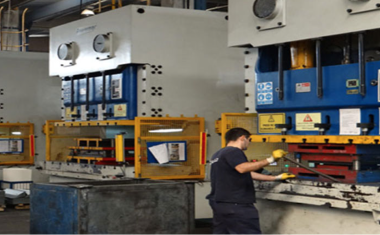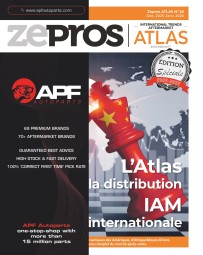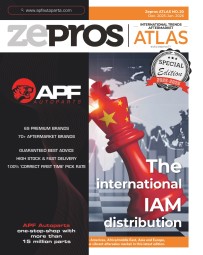
Türkiye: the other “car factory of the world”

Türkiye stands as a significant global automobile manufacturing hub, hosting major brands such as Stellantis, Renault, Ford, Toyota, Hyundai, and Volkswagen. The country boasts a large industrial base that produced 1.35 million vehicles in 2022, reflecting a notable 6% increase.
In fact, the industrial status of the country makes it a rather premium, “westernised” market with an estimated fleet of 10 million passenger cars, the Top 3 of which is shared between Fiat Tofas, Renault and Volkswagen. At 10.1 years in 2020, the average vehicle age may have grown older to reach 12 years (unconsolidated data) due to the global shortage of new vehicle deliveries.
But sales of new models are off to a good start (840,000 units in 2023), giving hope for a rejuvenation of the fleet. And all the more so since the public authorities have decided to regulate used vehicle transactions which had become a little too unchecked (speculation on prices) during the crisis.
An aftersales market of around $10 billion
An industrial dynamic but also the physiognomy of the parc drive aftermarket production with local subcontractors reporting a turnover of around $10 billion, part of which supplies the domestic parts market.
The Turkish aftermarket possesses a unique characteristic in its reliance on local suppliers, closely resembling the European model in its structure, and the ITGs are all represented. “We are not in a low-cost parts market. It is beneficial for Tier 1 parts manufac- turers and for original manufacturer parts. However, it is complicated because it has multiple ramifications”, warns Quentin Le Hetet, a keen observer of the Turkish market at GiPA.
Retrouvez la version en Français : Turquie : l’autre « usine du monde » de l’automobile








